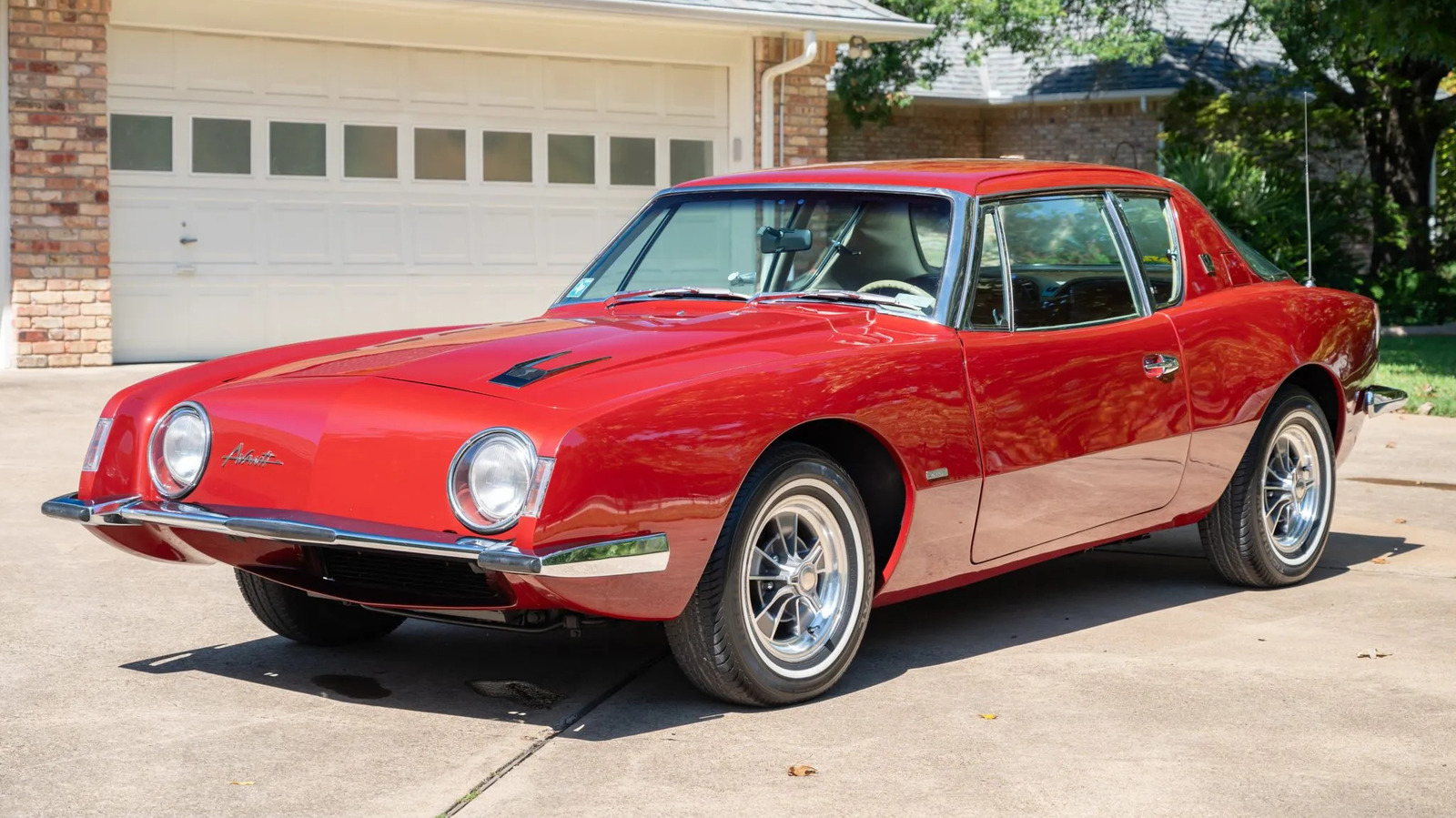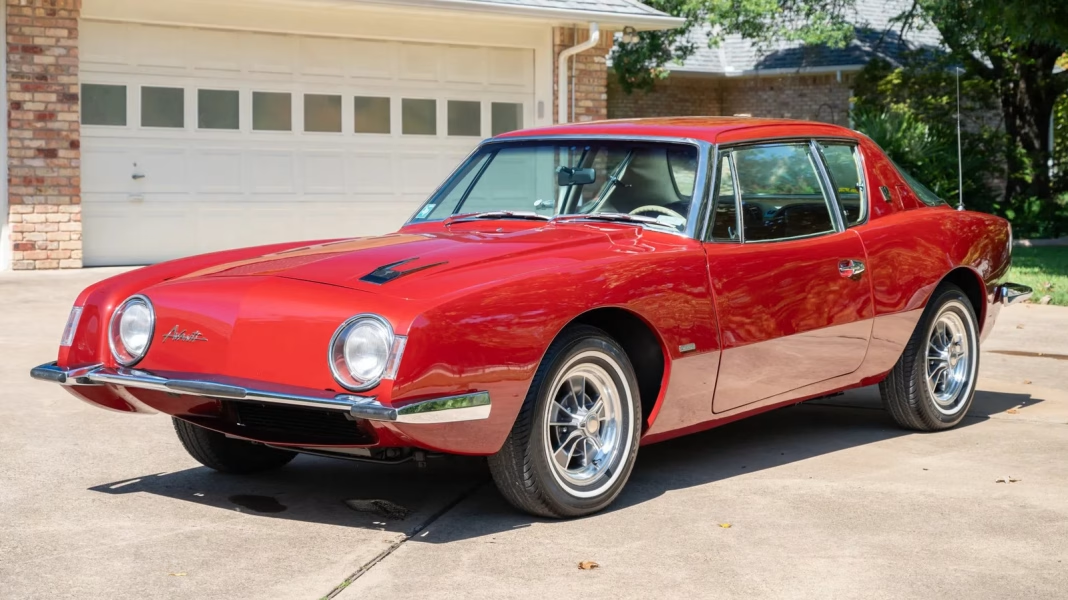Have you ever found yourself inexplicably disliking a car that everyone else seems to love? Maybe it’s a popular model that’s praised for its reliability, or a sleek sports car that turns heads wherever it goes. Yet, for some reason, your gut just says “no.” It’s a curious phenomenon, and you’re definitely not alone in feeling this way.
Understanding Gut Reactions to Cars
Gut reactions often stem from a mix of personal experiences, cultural influences, and even subconscious associations. Perhaps you had a bad experience with a similar model in the past, or maybe the design just doesn’t resonate with you. Our brains are wired to make quick judgments based on past experiences, and cars are no exception.
For instance, think about the times you’ve sat in a car that felt cramped or poorly designed. Even if it’s a top-rated vehicle, that uncomfortable feeling can linger. It’s not just about the specs or the reviews; it’s about how a car makes you feel when you’re behind the wheel.
The Role of Design and Aesthetics
Let’s talk about aesthetics. Car design is a huge factor in our emotional responses. Some people are drawn to the curves of a classic coupe, while others might prefer the angular lines of a modern SUV. A car’s look can evoke feelings of nostalgia, excitement, or even disdain.
Take the Pontiac Aztek, for example. While it has its loyal fans, many people can’t help but cringe at its unique styling. It’s a classic case of a car that, despite its practicality and features, has been widely criticized for its appearance. Your gut reaction to such a vehicle might be rooted in a strong visual response, even if the car itself performs well.
Cultural Influences and Social Perception
Cultural factors also play a significant role in how we perceive vehicles. In some circles, driving a certain brand can signal status or lifestyle. If you’re in a community that values luxury vehicles, you might feel out of place in a more utilitarian car, even if it’s a reliable choice.
Social media amplifies this effect. Influencers and automotive enthusiasts often showcase their favorite rides, creating a collective consciousness around what’s “cool.” If your personal taste diverges from the mainstream, your gut reaction might be a form of rebellion against societal norms.
Personal Experiences Shape Preferences
Let’s not forget personal experiences. Maybe you learned to drive in a car that was notoriously unreliable, and now every time you see that model, it triggers a sense of anxiety. Or perhaps a friend had a bad accident in a particular vehicle, leaving a lasting impression on your perception of it.
These experiences can shape our preferences in ways we don’t always recognize. They create a tapestry of emotions and memories that influence our gut reactions.
Embracing Your Gut Feelings
So, what do you do with these gut feelings? First, acknowledge them. It’s okay to dislike a car that others rave about. Your preferences are valid, and they reflect your unique experiences and tastes.
Next, consider exploring why you feel that way. Is it the design? The reputation? A past experience? Understanding the root of your feelings can help you articulate your preferences better, whether you’re discussing cars with friends or making a purchase decision.
Finally, don’t hesitate to trust your instincts. If a car doesn’t feel right to you, it probably isn’t the best fit. Test drives are a great way to see if your gut aligns with your head.
The big takeaway? Disliking a popular car isn’t about being contrary—it’s about knowing yourself. Start by reflecting on your experiences and preferences, and you’ll likely find clarity in your automotive choices.


